Almost exactly four years after that campaign began, Mr. Corsi has released a new attack book painting Senator Barack Obama, the Democrats’ presumed presidential nominee, as a stealth radical liberal who has tried to cover up “extensive connections to Islam” — Mr. Obama is Christian — and questioning whether his admitted experimentation with drugs in high school and college ever ceased.
Significant parts of the book, whose subtitle is “Leftist Politics and the Cult of Personality,” have already been challenged as misleading or false in the days since its debut on Aug. 1. Nonetheless, it is to make its first appearance on The New York Times best-seller list for nonfiction hardcovers this Sunday — at No. 1. Hype machine in overdrive
The book is being pushed along by a large volume of bulk sales, intense voter interest in Mr. Obama and a broad marketing campaign that has already included 100 author interviews with talk radio hosts across the country, like Sean Hannity and G. Gordon Liddy, Mr. Corsi said on Tuesday.
The publisher is Threshold Editions, a division of Simon & Schuster whose chief editor is Mary Matalin, the former Republican operative turned publisher-pundit. And it is a significant, early success for Ms. Matalin’s three-year-old imprint, which is also planning to publish the memoirs of Karl Rove, President Bush’s longtime political guru.
Threshold says it has undertaken an extensive printing effort for anticipated demand, with 475,000 copies of “The Obama Nation” produced so far.
“The goal is to defeat Obama,” Mr. Corsi said in a telephone interview. “I don’t want Obama to be in office.”
He said he was planning to aid several conservative groups that intend to run advertisements against Mr. Obama this fall, though he would not name them.
Mr. Corsi, who has over the years also written critically about Senator John McCain, Mr. Obama’s probable Republican opponent, said he supported the Constitution Party presidential nominee, Chuck Baldwin, and had not been in touch with McCain aides. He called his reporting on Mr. Obama, which he stands by, “investigative,” not prosecutorial.
Effective means of attack
Ms. Matalin said in an interview that the book “was not designed to be, and does not set out to be, a political book,” calling it, rather, “a piece of scholarship, and a good one at that.” She said she was unaware of efforts to link it to any anti-Obama advertising.
In its timing, authorship and style of reporting, the book is strikingly reminiscent of the one Mr. Corsi wrote with John O’Neill about Mr. Kerry, “Unfit for Command,” which included various accusations that were ultimately undermined by news reports pointing out the contradictions. (Some critics of Mr. Kerry quoted in the book had earlier praised his bravery in incidents they were now asserting he had fabricated; one had earned a medal for bravery in a gun battle he accused Mr. Kerry of concocting.)
But books like “Unfit for Command,” which remained for some 12 weeks on the Times best-seller list, and, now, “The Obama Nation,” have become an effective and favored delivery system for political attacks. There have been anti-Clinton (both Bill and Hillary) and anti-Bush books too numerous to name. The sensational findings in these books, true or dubious, can quickly come to dominate the larger political discussion in the news media, especially on cable television and the less readily detectible confines of talk radio and partisan Web sites.
Fact-checking the books can require extensive labor and time from independent journalists, whose work often trails behind the media echo chamber.
Misleading accusations
Web sites on the left have begun poring over Mr. Corsi’s latest book. Media Matters, which is run by David Brock, a former right-wing journalist who wrote a classic of the attack genre, “The Real Anita Hill,” has been particularly aggressive in fact-checking the book, and its press releases on inaccuracies in the book have gotten some attention on cable television.
Several of the book’s accusations, in fact, are unsubstantiated, misleading or inaccurate.
For instance, Mr. Corsi writes that Mr. Obama had “yet to answer” whether he “stopped using marijuana and cocaine completely in college, or whether his drug usage extended to his law school days or beyond.” “How about in the U.S. Senate?” Mr. Corsi asks.
But Mr. Obama, who admitted to occasional marijuana and cocaine use in his high school and early college years, wrote in his memoir that he had “stopped getting high” when he moved to New York in the early 1980s. And in 2003 The State Journal-Register of Springfield, Ill., quoted him responding to a question of his drug use by saying, “I haven’t done anything since I was 20 years old.”
In an interview, Mr. Corsi said Mr. Obama’s word was not to be trusted because “self-reporting, by people who have used drugs, as to when they stopped is inherently unreliable.”
Reprising Rev. Wright
In exploring Mr. Obama’s denials that he had been present for the more incendiary sermons of his former pastor, the Rev. Jeremiah A. Wright Jr., Mr. Corsi cites a report on the conservative Web site NewsMax.com that Mr. Obama had attended a sermon on July 22, 2007, in which Mr. Wright blamed “the ‘white arrogance’ of America’s Caucasian majority for the world’s suffering, especially the oppression of blacks.”
Mr. Obama, however, was giving a speech in Florida that afternoon, and his campaign reported he had not attended Mr. Wright’s church that day.
William Kristol, a columnist for The New York Times, had cited the same report in a column, and issued a correction. “There is a dispute about the date, and Kristol chose to side with Obama,” Mr. Corsi said. “We can nitpick the date to death,” he added, saying his “fundamental point” was Mr. Obama’s close association with someone ascribing to “black liberation theology.”
Mr. Corsi described most of the critiques of his book as “nitpicking,” like a contradiction of his claim that Mr. Obama had failed to dedicate his book “Dreams of My Father” to his family; Mr. Obama dedicated the book to several family members, in the introduction.
Mr. Corsi called the Media Matters critique inconsequential because it was advancing a liberal, political agenda.
Activists take on ‘echo chamber’
Media Matters was created in part to answer a conservative “echo chamber” — one that liberal activists say they have still yet to match — that gives books like Mr. Corsi’s extra bounce.
“There’s just no doubt that in terms of longer-term infrastructure, there’s more out there on the right than there is on the left,” said Cliff Schecter, author of a liberal attack book on Mr. McCain, “The Real McCain,” which, with 35,000 copies in print, did not make the Times bestseller list.
Mr. Obama’s campaign has yet to weigh in heavily on Mr. Corsi’s accusations. It appears to face the classic decision between the risk of publicizing the claims by addressing them and the risk of letting them sink into the public debate with no response.
“This book is nothing but a series of lies that were long ago discredited, written by an individual who was discredited after he wrote a similar book to help George Bush and Dick Cheney get re-elected four years ago,” said Tommy Vietor, a spokesman for Mr. Obama. “The reality is that there are many lie-filled books like this in the works cobbled together from the Internet to make money off of a presidential campaign.”
Several Democrats associated with Mr. Kerry’s campaign in 2004 said in interviews Tuesday that they were comfortable so far with Mr. Obama’s more muted response to the book, which has not showed up yet in television advertisements.
Even Mr. Corsi said this book did not have what “Unfit for Command” had: a built-in interest group, the Swift Boat Veterans for Truth, to run advertisements against its target.
While he said he thought it was a certainty that he would be “assisting in the creation of ads in the fall,” he did not say what he believed their content would be.
Copyright © 2008 The New York Times
Jerome Corsi, co-author of the anti-John Kerry book "Unfit For Command," claims that Barack Obama has covered up his ties to Islam — Obama is a Christian — and glossed over his drug use — Obama says he "stopped getting high" in the 1980s.
NYT: Anti-Obama book follows '04 script
 updated 10:57 p.m. MT, Tues., Aug.
updated 10:57 p.m. MT, Tues., Aug. 









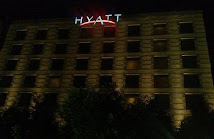











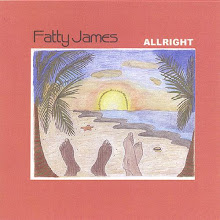

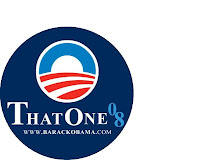
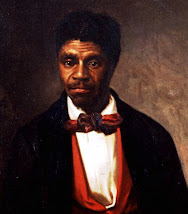
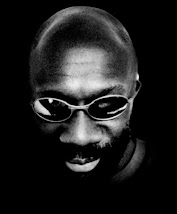
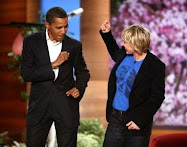
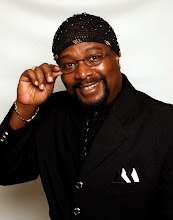

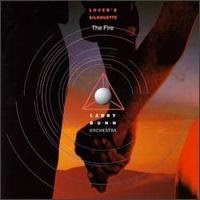
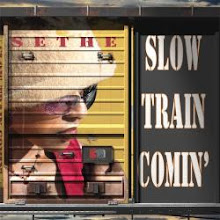
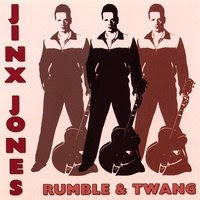
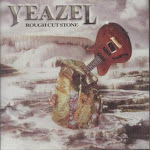

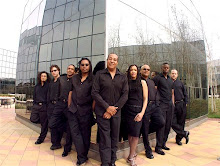
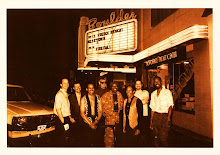
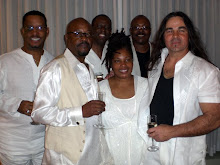

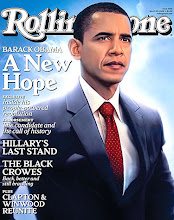






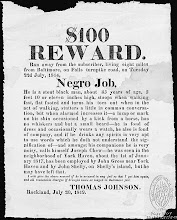


No comments:
Post a Comment